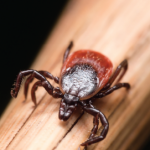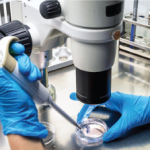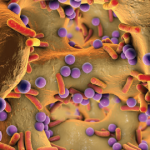CHICAGO—A clustering of cases in Lyme, Conn., in 1975 led to the discovery of Lyme disease. Allen C. Steere, MD, professor of medicine at Harvard Medical School in Boston, investigated that outbreak, and he shared his knowledge of Lyme disease with rheumatologists gathered at the ACR’s State-of-the-Art Clinical Symposium in April. He explained that Lyme arthritis…






